In this article
You are petting your dog a day or two after they got vaccinated, and you feel a strange bump near the site where they received their injection. Is this lump normal after getting a rabies vaccine, or do you need to contact your vet right now?

Should I Worry About a Lump After My Dog Gets a Vaccine?
If it’s just a small lump, you shouldn’t immediately worry, but you should be mindful of the swelling and monitor it closely. If there’s any drainage from the site, you should contact your veterinarian as soon as possible to have them take a peek at your pup.
Typically, these lumps will go away within a couple of weeks. They may be a little tender to the touch the first couple of days, but that often fades rather than getting worse.
If you are far from a vet clinic and need urgent vet advice and guidance on the best course of action you can chat with a vet online.
If you need to speak with a vet but can't get to one, head over to PangoVet. It's our online service where you can talk to a vet online and get the advice you need for your dog — all at an affordable price!

What Causes a Lump at a Vaccine Site?
Lumps at the site of a vaccine injection are relatively common and signal that the body’s immune system is gearing up to develop an immune response. When the vaccine is injected under the skin, inflammatory cells will accumulate at the site. Fluid and red blood cells can also clump up here, making a small knot. You’ll also get a small bump from the vaccine fluid injected under the skin, usually only about one milliliter (mL or cc).
In rare situations, your dog could develop an infection from the vaccination if bacteria or other microbes get under the skin during the injection. Your dog could develop an abscess. These swellings are often large, painful, reddened, or erythematous and may have purulent drainage.
It’s also important to note that your dog might be a little tired or under the weather for a day or two after their vaccines. If they have weakness or collapse, difficulty breathing, pale gums, vomiting, diarrhea, or facial swelling, they need to be evaluated by a veterinarian immediately.
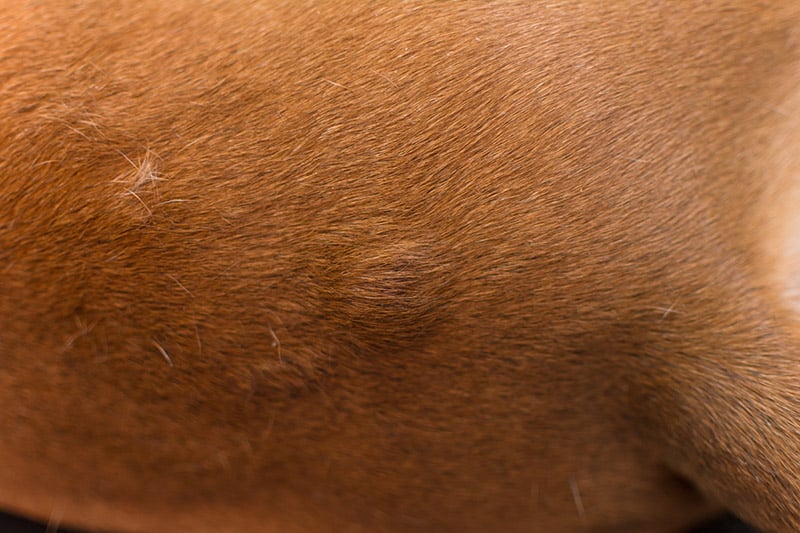
Testing the Lump
If the swelling after a rabies vaccine or other vaccination persists or gets larger, you should have your dog examined by a veterinarian. They can take a fine needle aspirate to correct a cytology sample and look for abnormal cells.
If the vet sees evidence of an inflammatory response, they may just have you continue monitoring your dog. If they see pus at the site, they’ll likely culture the area and put your dog on antibiotics to treat the infection. Tumor cells could mean a rare vaccine-related tumor or a tumor near the vaccination site.
Vaccine-associated tumors are rare in dogs, but they are possible. They tend to be a bit more common in cats, particularly after receiving a feline leukemia or rabies vaccine.
Treating a Lump After Your Dog Is Vaccinated
Talk to your veterinarian before giving your dog anything for the lump after vaccines. The doctor may often suggest giving your dog oral Benadryl (diphenhydramine) to help control the immune response.
Your dog’s vet might also prescribe anti-inflammatory medications, such as Rimadyl (carprofen) or Metacam (meloxicam).
If the swelling persists or worsens, speak to your veterinarian about other options. If the site is infected, your dog may need antibiotics. Sometimes, a compress can alleviate some swelling and discomfort. In rare circumstances, your dog could have minor surgery to remove or drain the lump.
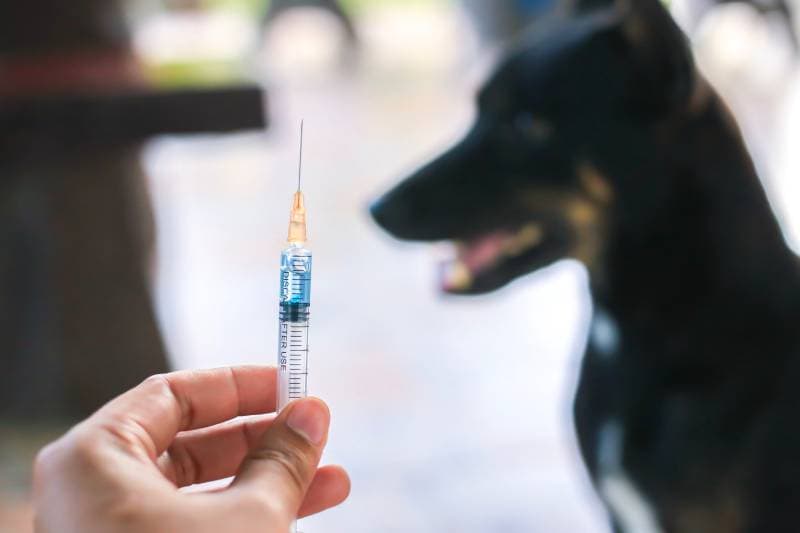

Frequently Asked Questions (FAQ)
What Are Vaccine Reactions in Dogs?
Compared to the number of vaccines administered daily, vaccine reactions in dogs are rare. A 2005 study published in JAVMA determined that the rate of vaccine reactions was 38.2 events per 10,000 dogs. This study included any sort of documented adverse reaction.
The most common side effects of vaccination include lethargy, soreness, and a slight swelling at the injection site.
Some dogs do have vaccine reactions. Gastrointestinal signs may occur, including vomiting and diarrhea. More severe allergic reactions can include facial swelling and hives. Some pets get a little puffy around their muzzle or eyes, while others have full-blown facial swelling. If you see these, contact your veterinarian immediately.
In rare cases, dogs can develop severe anaphylaxis to a vaccine. They could collapse and go into shock. This type of reaction typically occurs shortly after your dog is vaccinated.
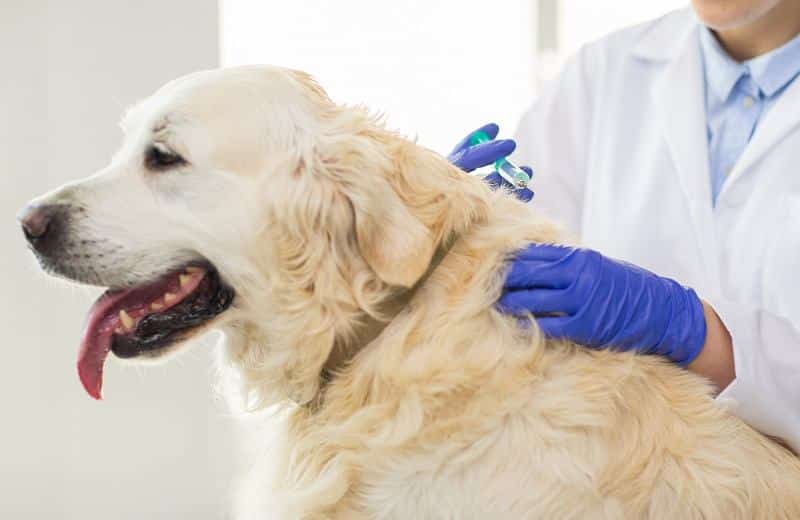
How Long Does It Take a Lump After Vaccines to Go Away?
Most of the time, lumps from a vaccine go away within a couple of weeks of your dog getting a vaccine. If the swelling continues past that point, your veterinarian definitely needs to examine your dog.

Conclusion
While it is not uncommon for dogs to develop swelling at their injection site, it can be worrisome for pet owners. Keep lines of communication with your vet so they can advise you on the next steps, especially if the lump doesn’t go away within a few days.
Featured Image Credit: Oleg Kopyov, Shutterstock
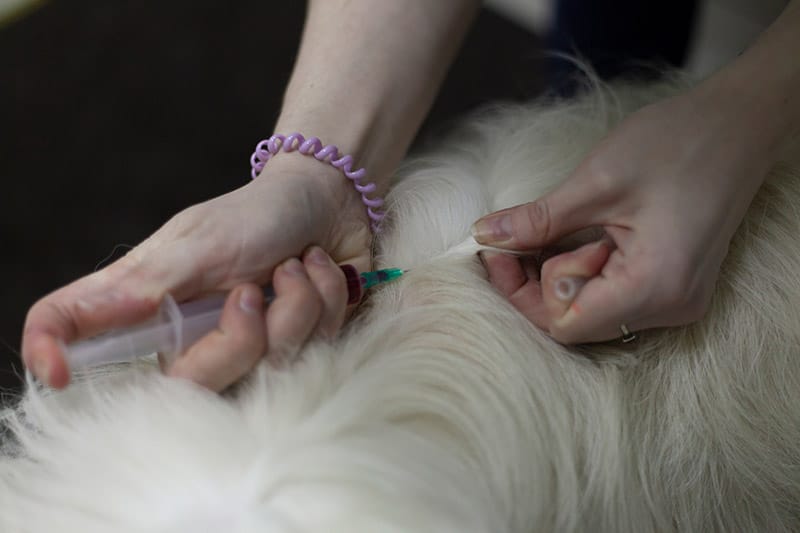







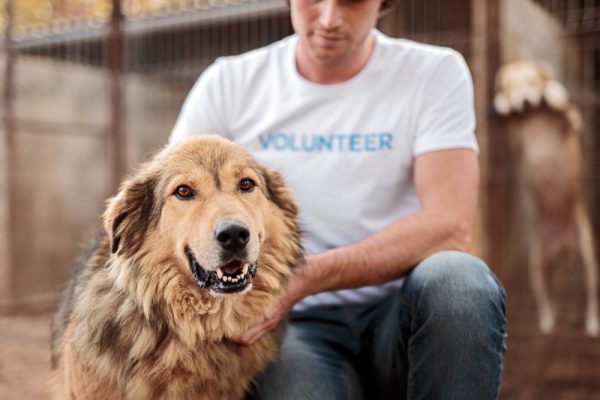
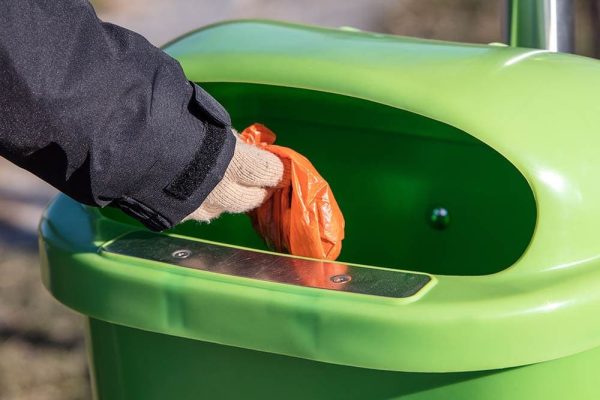
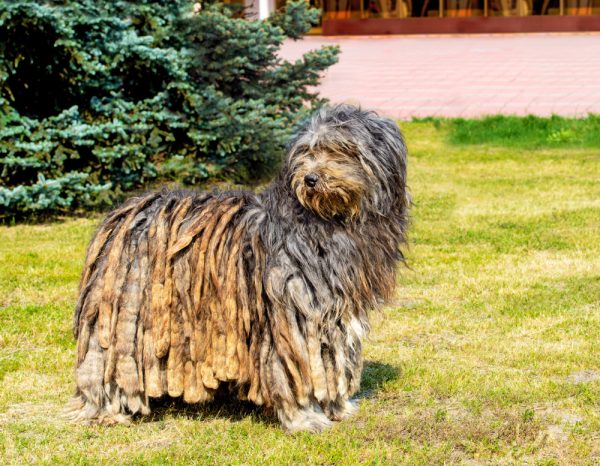
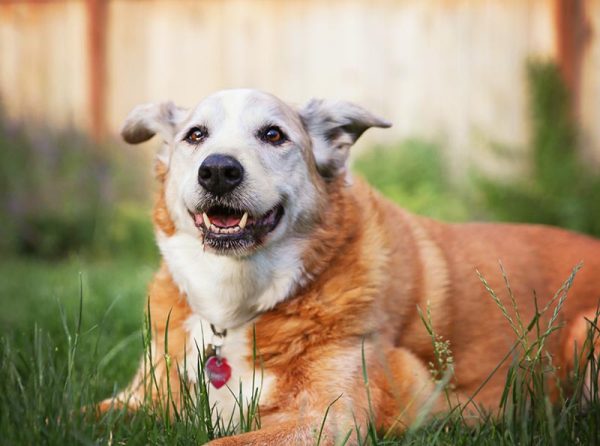


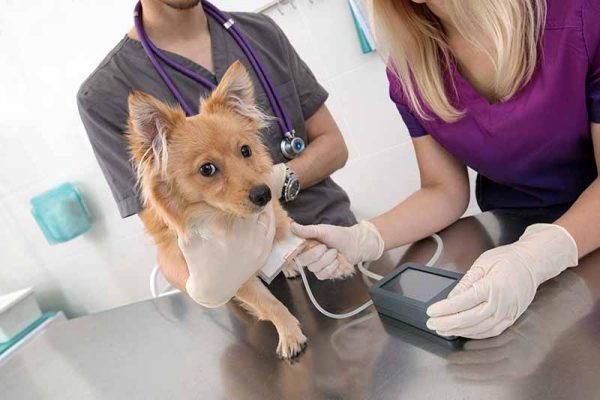




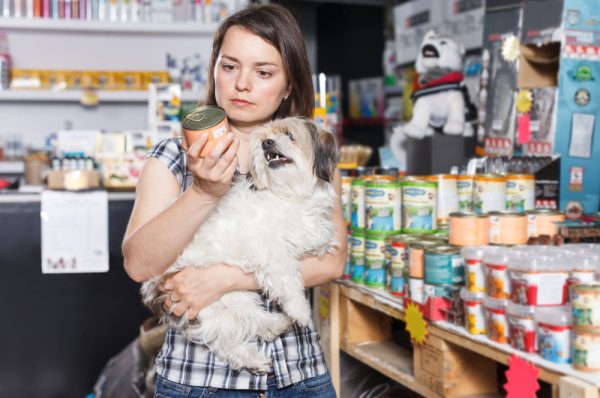



2 Responses
My dog received a rabies vaccine for rabies on October 22 two weeks later I noticed a lump on his hip never felt that before
He saw a vet just the other day and he says it’s not lipoma. I thought it was. He thinks it’s from the rabies vaccine.
The place where he got the vaccine they won’t admit that they did it in the hip. They’re trying to say they injected it 6 inches above the foot.
Well he has a lump in his right hip right in the center now
Vet we saw didn’t seem to think we should do anything about it at this time that it should go away eventually your thoughts?
He examined him just the other day and he feels he’s healthy and looks good. He could feel the lump though he felt its a reaction to the rabies vaccine.
The place he got the vaccine from won’t admit it
Says they gave it 6 inches above the foot
I hope it will go away. It’s been a while since he had the rabies shot. It was done on October 22. This is now November.
He got a series of all the other shots required for dogs too
I think it might have been too much that day
He’s a golden doodle a Mini golden doodle 30 pounds
Mary
Hi Mary,
Thanks for sharing all the details. It sounds like your Mini Goldendoodle is healthy overall, which is reassuring.
It’s not uncommon for dogs to develop a small lump at a vaccine site, especially after rabies shots, these usually resolve on their own over a few weeks to months. Since your vet examined him and didn’t see anything concerning, the best course is usually to monitor the lump for changes in size, color, or texture and report anything new. If it grows, becomes painful, or your dog shows other signs of illness, check in with your vet promptly.
Have a great day!